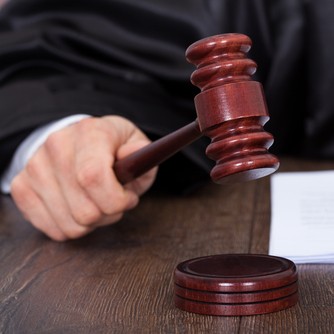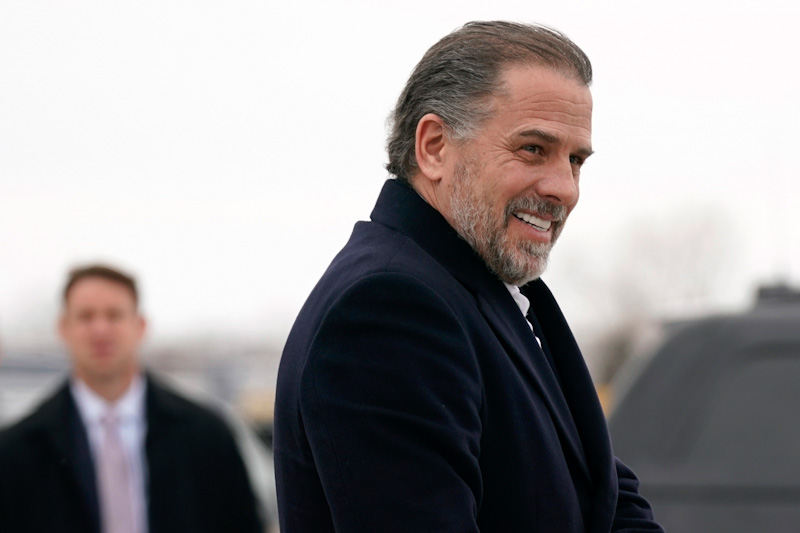Judge's 'aggressive' cross-examination of defense witnesses leads to overturned conviction

Image from Shutterstock.
Michigan law allows judges to question witnesses to clarify a confusing point or elicit relevant information, but one judge went too far with his “aggressive, undermining” cross-examination of defense witnesses, the Michigan Supreme Court has ruled.
Judge John McBain of Jackson County “exceeded the scope of permissive judicial questioning,” the court said. His response to objections by the defense lawyer “seemed to reflect an erroneous belief that his power to question witnesses had no limitations.”
“In several instances,” the court said, “the very words and sequences of questions employed by this judge projected incredulity, bias and hostility.”
A column in the Detroit Free Press says the decision (PDF) “offers an unsettling glimpse of criminal justice as it is dispensed in small-town courtrooms.”
The court overturned the convictions of Adam Stevens, found guilty of second-degree murder and second-degree child abuse for the August 2013 death of his 3-month-old son. Stevens had contended he tripped on a toy during the night and dropped the baby. Prosecutors had claimed Stevens deliberately shook the boy or slammed him against a hard object.
The Michigan Supreme Court remanded for a retrial before a different judge. The court cited several instances in which McBain aggressively questioned a defense expert and Stevens.
The defense expert, a pathologist, had testified, “I think you heard testimony that the brain sloshes around. The brain doesn’t slosh around.It would be like trying to scramble an egg by shaking it.” This exchange followed:
Judge McBain: “Would you be surprised if I told you that an expert didn’t testify in this case that [an] infant’s brain was sloshing around like an egg?”
Expert witness: “I saw Dr. Mohr’s testimony, she said the brain sloshed around.”
Judge McBain: “OK, so you think because one pediatrician said that … that’s just your opinion, correct?”
Expert witness: “I’m just trying to educate the jury on that’s not how it works.”
Judge McBain: “OK. And now, you would agree with me that other pathologists might have very different views than your[s] … correct?”
This exchange came later in the witness’s testimony:
Judge McBain: “I have another question for you. Have you ever traveled so far to testify?”
Expert witness: “Yes.”
Judge McBain: “OK, how often and how far did you go?”
At that point, the defense lawyer requested permission to approach the bench, but the judge denied it. The defense lawyer said he wanted to state for the record that he believed the questions to be inappropriate.
The judge went on to ask the expert witness, who had already been qualified as an expert witness, about being an assistant pathologist, rather than the chief pathologist. “OK, and all things being equal,” McBain said, “do you think a head pathologist is more qualified to testify by way of experience or do you think an assistant pathologist is more qualified to testify by way of experience?”
The judge also questioned Stevens about the toy left on the floor:
Judge McBain: “What happened to the truck that you allegedly tripped and lost your balance on?”
Stevens: “I left it there. I didn’t move it.”
Judge McBain: “So you left it on the floor. Would it have been there when Detective Boulter came in and did a physical inspection?”
Stevens: “I believe so, unless it was cleaned up beforehand, I don’t know. “
McBain did question prosecution witnesses, but his questions targeted the defendant’s case, the court said.
See also:
ABAJournal.com: “Defense Counsel in Murder Case Is Handcuffed and Jailed for Lunch Hour After Dispute with Judge”



